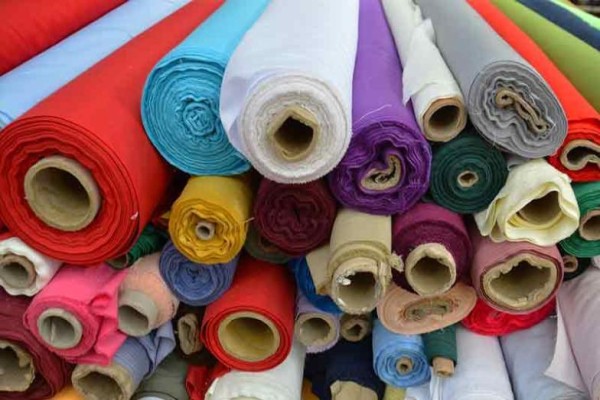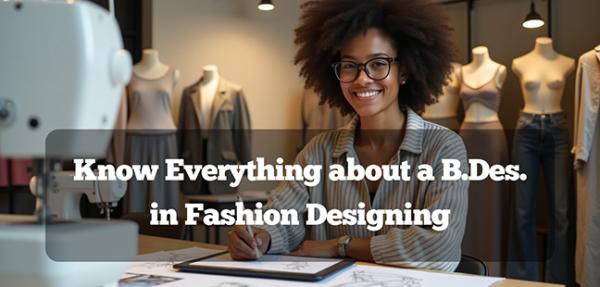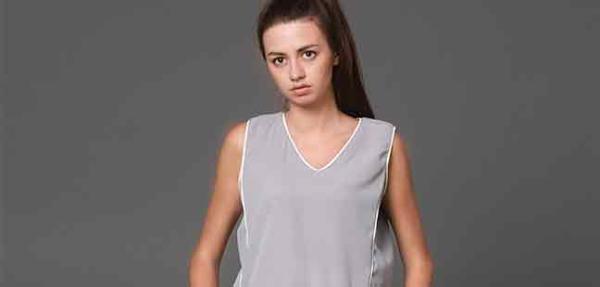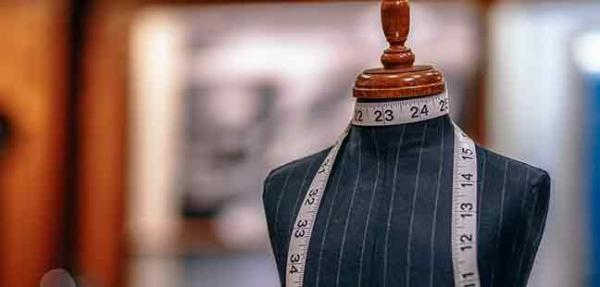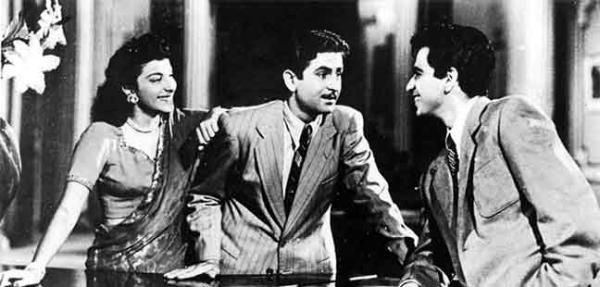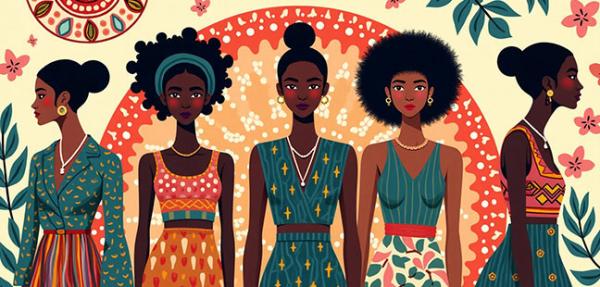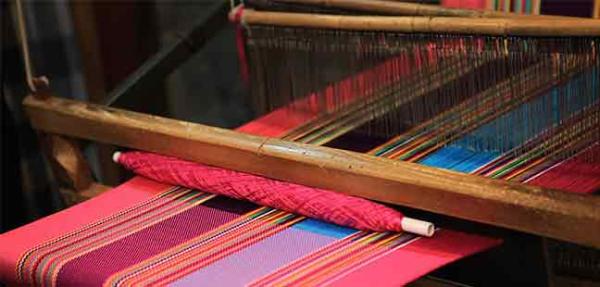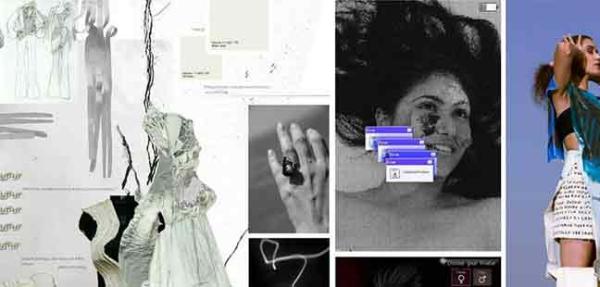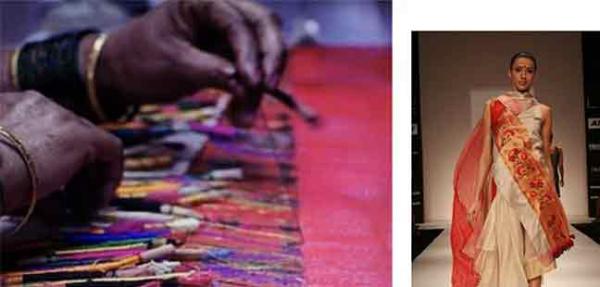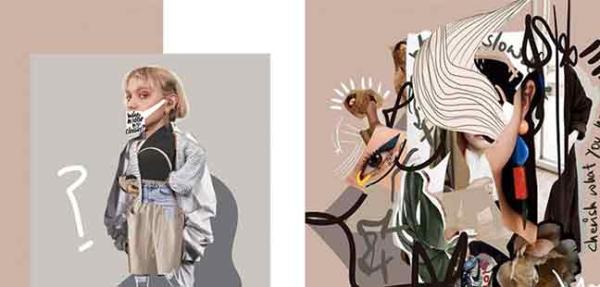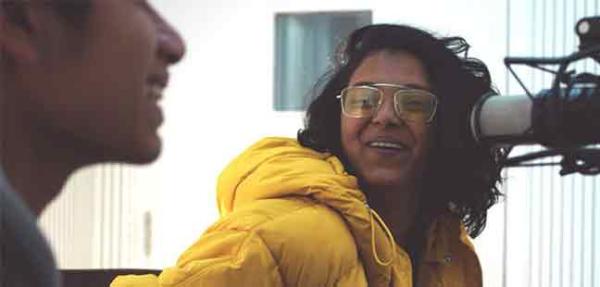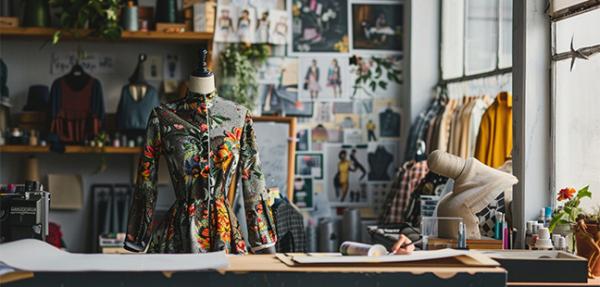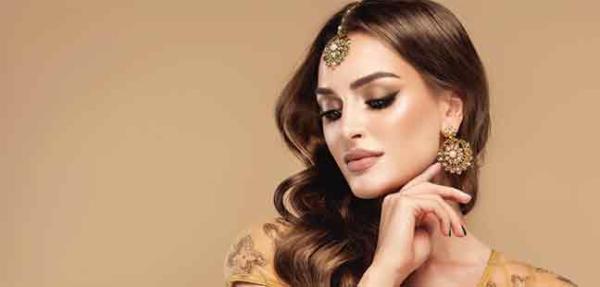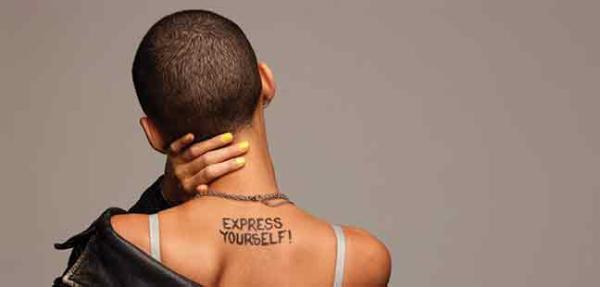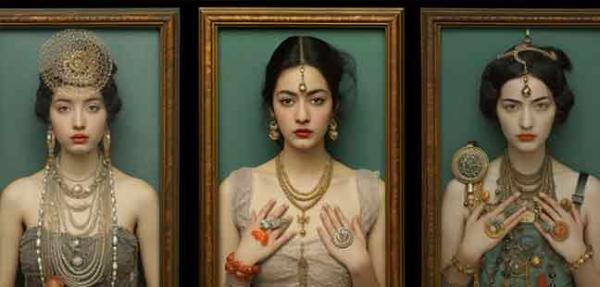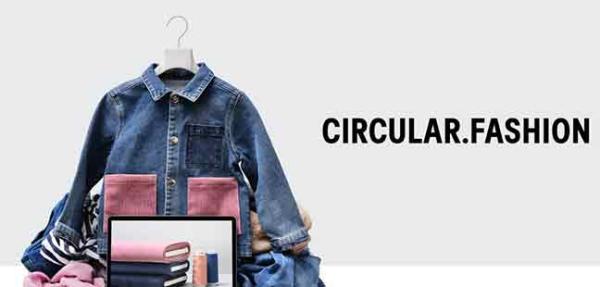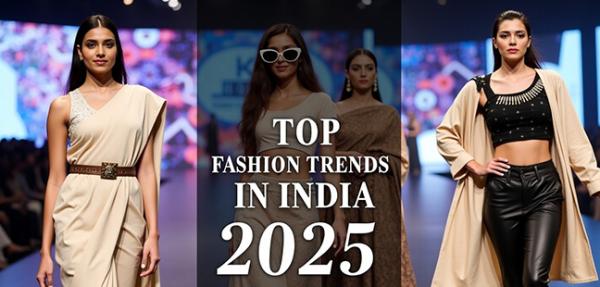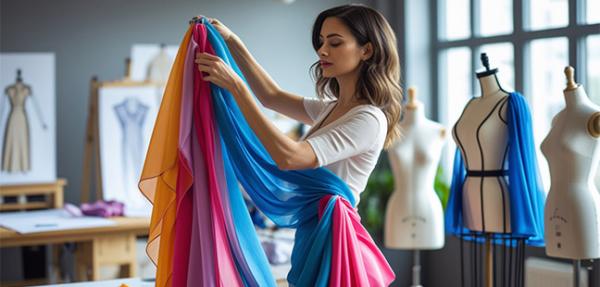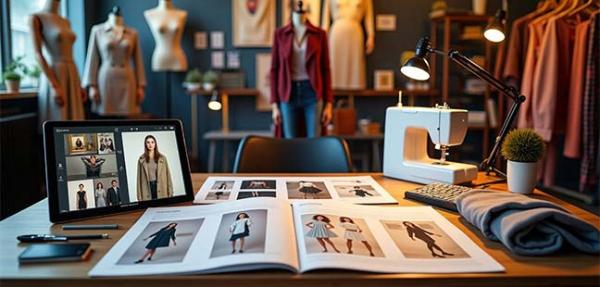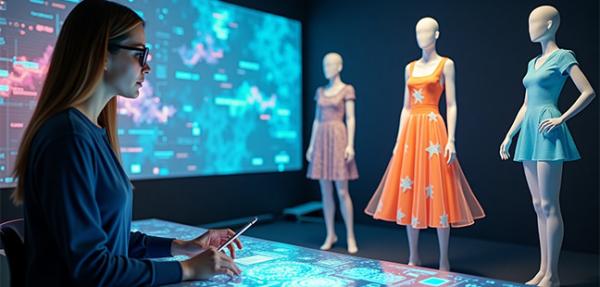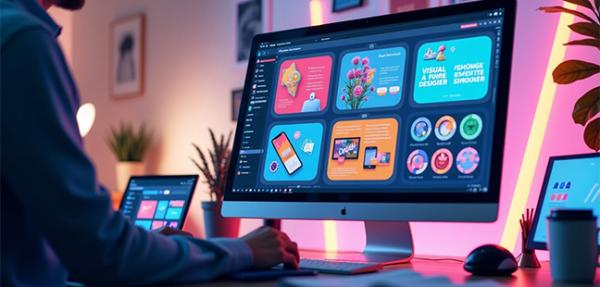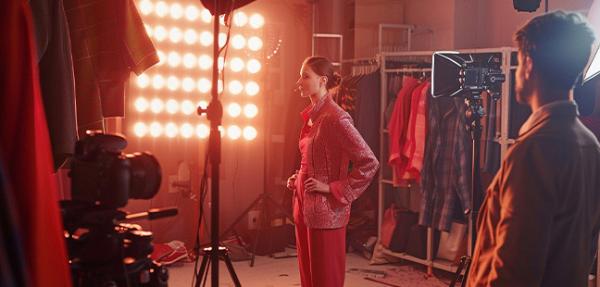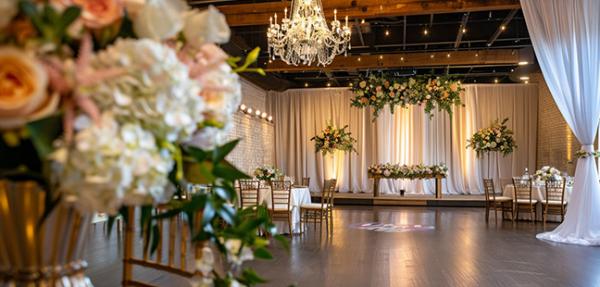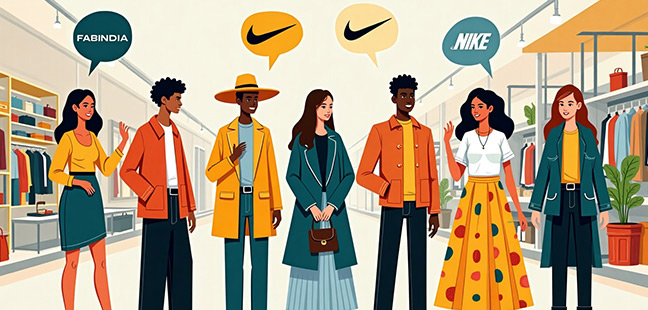
Table of Contents:
The Role of Identity: Fashion as Self-Expression
Emotion-Driven Purchases: Fashion and Feelings
The Power of Social Influence: Trends and Validation
Sustainable Fashion and the Rise of Conscious Consumers
The Need for Uniqueness: The Rise of Personalization
For Aspiring Fashion Professionals: Why Fashion Psychology Matters
In today’s fast-paced fashion world, understanding what drives consumer choices has become essential for brands that want to stay relevant. Fashion psychology—the fascinating blend of fashion and psychology—dives deep into why we choose the clothes we wear, how they make us feel, and how brands can better connect with their customers.
Let's explore some real-world stories that bring these concepts to life and understand how this powerful field is reshaping the way we view fashion.
Become future-ready with our Fashion Programs
Know MoreThe Role of Identity: Fashion as Self-Expression
Fashion is much more than fabric—it’s about identity. In India, fashion is deeply tied to culture and heritage, making it a powerful expression of identity. Fabindia has mastered this understanding by offering a unique blend of traditional craftsmanship with contemporary appeal. Many consumers choose Fabindia not just for the clothes but for what they represent—a connection to Indian roots, local artisans, and sustainable choices.
Designers and brands that align their collections with these personal expressions can connect deeply with their audience. Learn how top fashion designers bring cultural identity into their collections.
A brand like Nike, for instance, doesn’t just sell sportswear—it sells empowerment and grit, making customers feel like they can conquer anything. When brands understand the psychology behind these choices, they can create collections that connect with people on a more profound level.
Emotion-Driven Purchases: Fashion and Feelings
How often have you turned to “retail therapy” after a rough day? Fashion isn’t just about looks; it’s also about how clothes make us feel. Explore how fashion styling helps evoke emotions and build personal image.
During the pandemic, brands noticed a spike in sales of loungewear and cosy clothes. Why? People wanted comfort and security, especially in uncertain times. Many shared stories online of how wearing soft fabrics and relaxed fits made them feel a little less stressed.
This shift illustrates how emotions influence purchases. Nykaa Fashion, known for its beauty and fashion collections, capitalized on this emotional need by curating cozy loungewear and “work from home” collections. The brand recognized the rising demand for comfortable yet stylish clothing, catering to consumers looking for warmth and ease in uncertain times.
The Power of Social Influence: Trends and Validation
Fashion is social. Remember the frenzy around oversized hoodies when Billie Eilish popularized the look? Suddenly, teens and young adults were snapping up baggy hoodies, not just because of style but for a sense of belonging in the Billie Eilish fandom. Social proof is crucial in fashion, and influencers, celebrities, and even friends shape our choices. Understand the role of fashion editors in driving trends and influencing consumers.
Brands that understand this aspect of fashion psychology can take the pulse of the trends and the influencers who drive them. In India, social status and influence play a significant role in fashion choices. Sabyasachi Mukherjee, one of India’s most celebrated designers, understands this dynamic and uses it to create an aspirational brand image. Known for bridal couture that’s almost synonymous with luxury, Sabyasachi’s designs are adorned by Bollywood celebrities and influencers, making them a coveted symbol of status and elegance.
For instance, when Anushka Sharma wore a Sabyasachi lehenga at her wedding, it created a massive social ripple effect. Brides across India aspired to wear something similar, not just for its beauty but for its association with celebrity glamour and prestige. Sabyasachi’s brand thrives on the social proof of luxury and exclusivity, turning every wedding lehenga into a statement piece that tells a story of opulence and heritage.
Sustainable Fashion and the Rise of Conscious Consumers
There’s a growing awareness about sustainability in fashion. More consumers are asking, “Who made my clothes?” and seeking brands that share their values. Take Patagonia as a case in point. Their focus on eco-friendly, ethically made products appeals to consumers who want their purchases to make a positive impact. Patagonia’s “Don’t Buy This Jacket” campaign encouraged people to buy less, ironically resulting in increased loyalty and sales, as it struck a chord with the environmentally conscious crowd.
This shift to sustainable fashion reflects a psychological need for consumers to feel like they’re doing their part for the planet. Brands that prioritize ethical practices tap into this desire, building loyalty and trust with their audience. It’s a powerful lesson in how fashion psychology is helping brands meet the demand for more responsible choices.
The Need for Uniqueness: The Rise of Personalization
Everyone wants to feel unique, and fashion is a powerful way to express individuality. Remember when customized Nike sneakers were all the rage? Consumers loved the idea of designing something just for them. Brands that offer customization options, like Nike By You or Adidas’ Mi Adidas, tap into the psychological desire for uniqueness, making consumers feel valued and seen.
By offering personalization, brands create deeper connections with customers. It’s not just a product anymore—it’s a personal statement. Customizable fashion is a way to stand out in a world of mass-produced clothing, and it’s a trend that’s only growing. Here are the top skills you need to thrive as a fashion entrepreneur.

Student Guidance Center: Our Counselors are Just a Click Away.
For Aspiring Fashion Professionals: Why Fashion Psychology Matters
If you’re dreaming of a career in fashion, understanding consumer psychology is becoming essential. Whether you want to design iconic pieces or create impactful marketing campaigns, understanding the “why” behind consumer choices will set you apart. Programs like Pearl Academy’s fashion courses focus on these aspects, giving students the tools to create fashion that resonates with people on a personal level.
Fashion psychology is about creating clothes that people connect with—whether that’s a power suit, a cozy sweater, or a custom pair of sneakers. By embracing these insights, designers can make meaningful contributions to people’s lives, transforming fashion from a fleeting trend into something that resonates deeply and endures. So, the next time you reach for an outfit, think about what’s really driving that choice—and how the brands you love may be speaking directly to your unique sense of self.
Must Read:
Pearl Academy Editorial Team
Tags
- #Fashion
Pearl Admission Enquiry
Trending Post
-
![https://pearlproductioncdn-angdc5fwcje2hzgs.z01.azurefd.net/drupal-files/2025-04/Fashion-Designing-Courses-After-12th_130x125.webp https://pearlproductioncdn-angdc5fwcje2hzgs.z01.azurefd.net/drupal-files/2025-04/Fashion-Designing-Courses-After-12th_130x125.webp]()
-
![https://pearlproductioncdn-angdc5fwcje2hzgs.z01.azurefd.net/drupal-files/2025-05/Short-Term-Fashion-Designing-Courses_130x125.webp https://pearlproductioncdn-angdc5fwcje2hzgs.z01.azurefd.net/drupal-files/2025-05/Short-Term-Fashion-Designing-Courses_130x125.webp]()
Kickstart Your Career with Short-Term Fashion Designing Courses
2025-05-14By Pearl Academy Editorial Team
-
![https://pearlproductioncdn-angdc5fwcje2hzgs.z01.azurefd.net/drupal-files/2025-05/How-to-Get-Started-in-a-Fashion-Design-Career_130x125.webp https://pearlproductioncdn-angdc5fwcje2hzgs.z01.azurefd.net/drupal-files/2025-05/How-to-Get-Started-in-a-Fashion-Design-Career_130x125.webp]()
Related Articles
Subscribe to Pearl Blogs
By clicking the "Subscribe" button, I agree and accept the privacy policy of Pearl Academy.
















